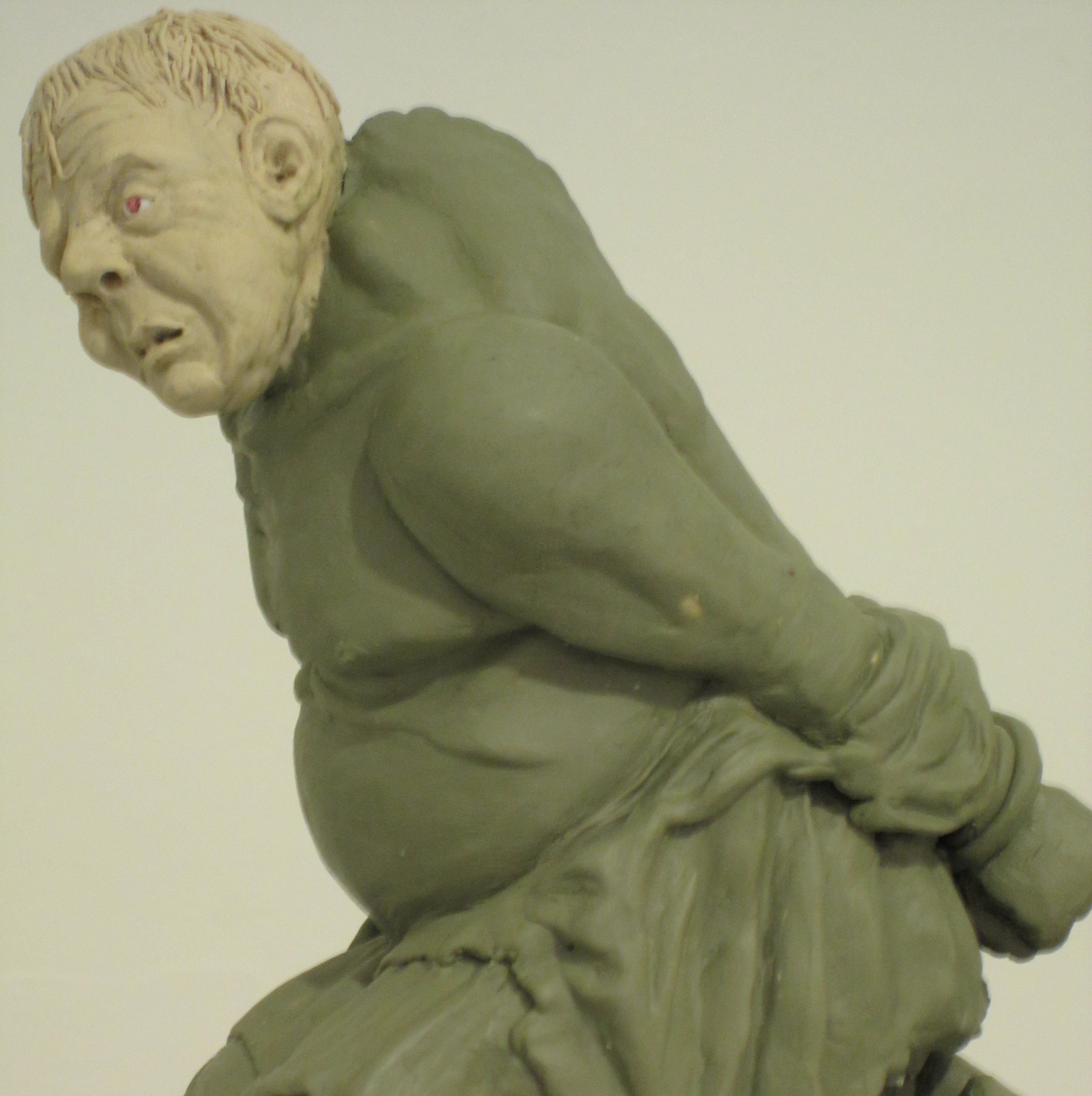
A Holy Week-appropriate reflection from Paul Zahl, via The Mockingbird Devotional.
This took place to fulfill what was spoken by the prophet, saying, “Tell the daughter of Zion, ‘Behold, your king is coming to you, humble, and mounted on an ass, and on a colt, the foal of an ass.'” (RSV)
Palm Sunday is a day in the Christian Calendar, and a day in history, that could define the word “irony.”
 It depicts the advance on Jerusalem of the city’s “King,” but in the form of a man seated on a donkey. It begins a week of ‘triumphal entry’ that only ends in complete disaster. It marks the enthusiastic reception by a large crowd of pilgrims who will, in five days, completely melt away, with the remaining ‘welcomers’ shouting “Crucify him!” In short, it depicts a symbolic action that is both true and false: he is the King, and he is also the “Quasimodo” King of Carnival. He is past and present—the prophets foretold this but not in the way it was going to go. Mighty and frail—he doesn’t look like the only person who could ever get to Easter, yet he is definitely thermonuclear!
It depicts the advance on Jerusalem of the city’s “King,” but in the form of a man seated on a donkey. It begins a week of ‘triumphal entry’ that only ends in complete disaster. It marks the enthusiastic reception by a large crowd of pilgrims who will, in five days, completely melt away, with the remaining ‘welcomers’ shouting “Crucify him!” In short, it depicts a symbolic action that is both true and false: he is the King, and he is also the “Quasimodo” King of Carnival. He is past and present—the prophets foretold this but not in the way it was going to go. Mighty and frail—he doesn’t look like the only person who could ever get to Easter, yet he is definitely thermonuclear!
The inward and the outward sense of this ironic situation is captured perfectly in the old hymn for Palm Sunday that is called “Ride on! Ride on in majesty!” It was written in 1827 by Henry Hart Milman. The stunning words of Milman’s hymn reach their climax in the four lines of verse five:
Ride on! Ride on in majesty!
In lowly pomp ride on to die;
Bow thy meek head to mortal pain,
Then take, O God, thy power and reign.
An odd and curious truth of Christianity is that in the places of anguish within the human drama—within our individual dramas of intense pain—that is where God almost always does His ‘best work.’ How strange to say! And how strange still, after 40 years of seeing it and thinking about it, it still seems. It is true to experience, though.
At the same time, whenever something painful comes up, I still want to look elsewhere for my hope. “I haven’t got time for the pain,” as Carly Simon sang, and that’s not a joke. I absolutely do not wish to make time for the pain.
I naturally want anything but God in the pain. But then I sing again—ugh!—my Palm Sunday hymn, and hear that connection between “majesty” and “lowly pomp” and “mortal pain.” Say it isn’t so! Or, rather, tell me again that it is.
[youtube=http://www.youtube.com/watch?v=E3_l5Ss203I&w=600]

COMMENTS












